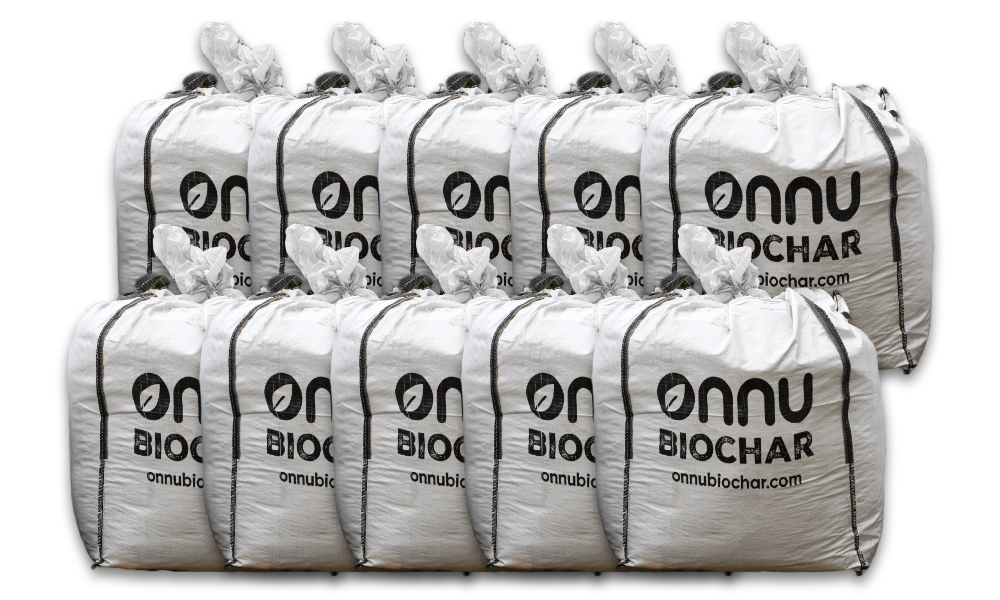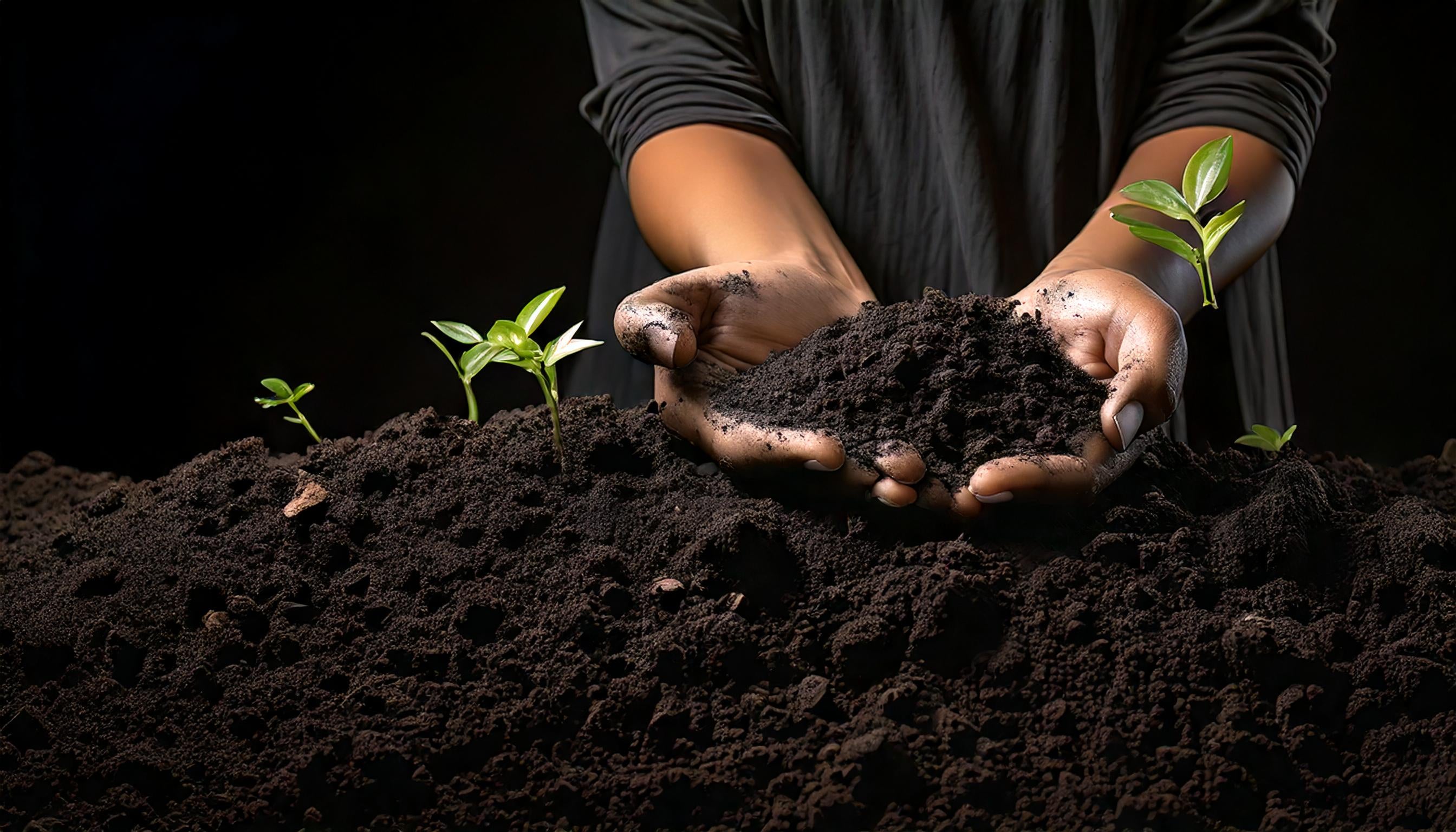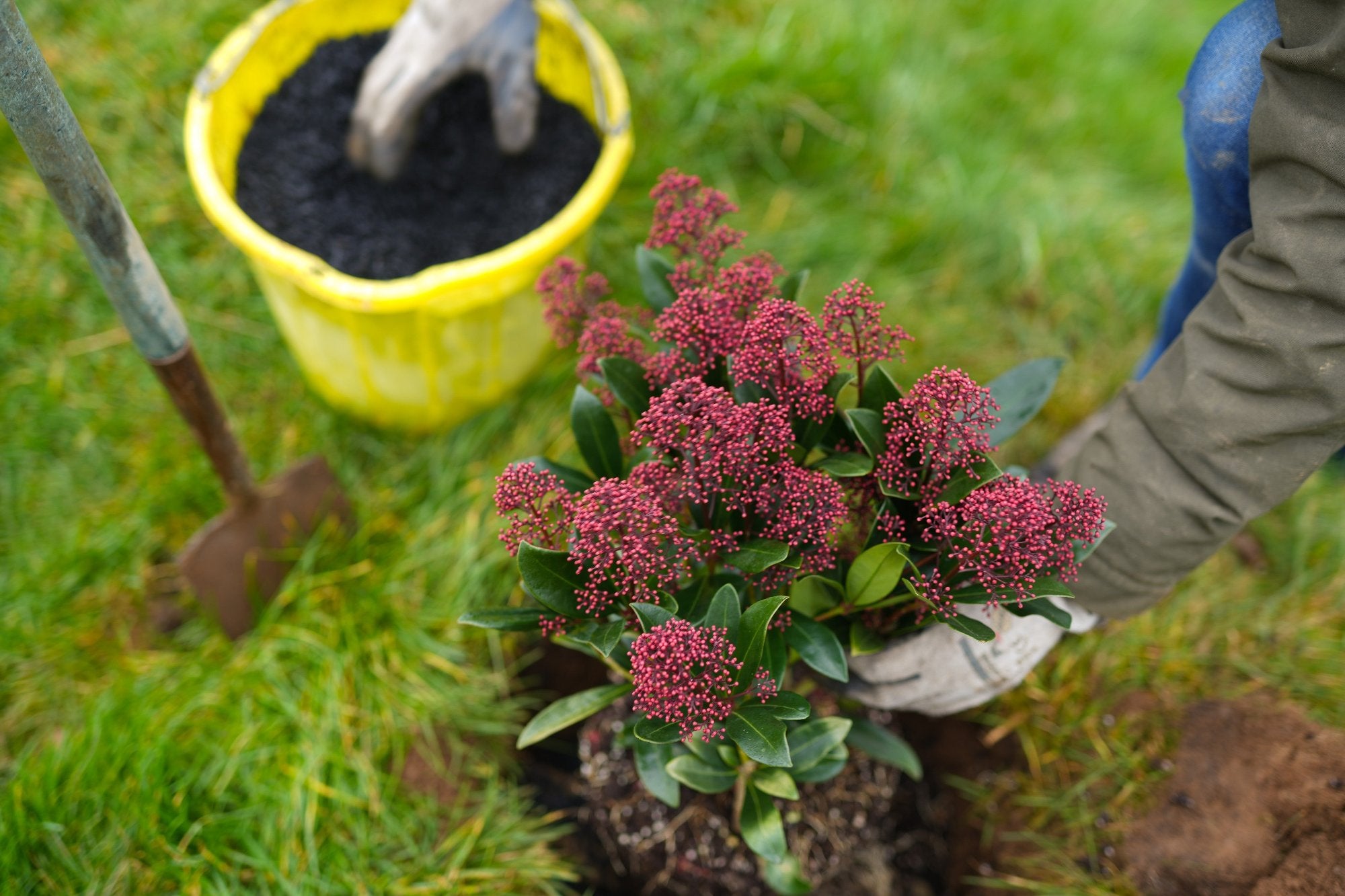Biochar is gaining rapid popularity as a sustainable, peat free soil amendment for agricultural, forestry and gardening practices. Aiding towards long term soil fertility and land productivity, biochar can replenish even the most degraded sandy loams. As more people are starting to utilise biochar as a soil improver to reap the long-term benefits of applying this product into their soil, it's importance as a tool for modern, eco-friendly land management strategies is becoming more prevalent.
Let us understand how biochar is good for your soil.
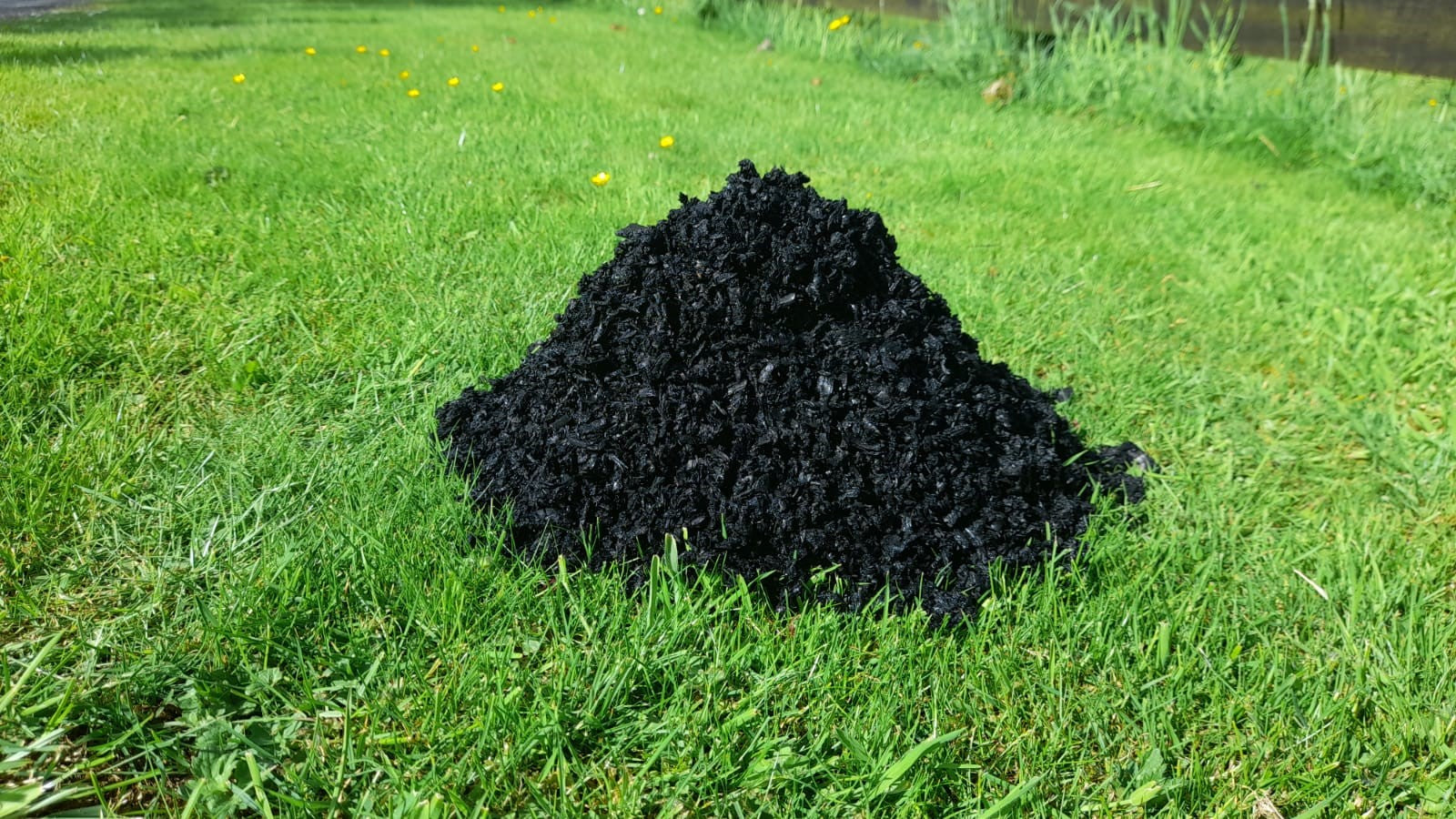
Benefits of Biochar in soil
How does biochar reduce soil acidity?
Biochar's alkaline nature makes it the ideal soil amendment for neutralizing depleted, acidic soils.
How does biochar enhances healthy microbial growth?
Biochar's porous nature and high surface area makes it a healthy habitat for microbes to thrive in. When healthy microbes thrive in soil, they aid with increased decomposition of organic material to convert it into nutrients for plant health, helping withnutrient cycling for long term soil health.
How does biochar prevents nutrient leaching?
Biochar has a high CEC (Cation Exchange Capacity), making it easy for it to bind to positively charged nutrients in the soil. These nutrients can then be released back into the soil in a more controlled manner, preventing any leaching that can occur by wind erosion, overwatering etc.
How does biochar boost soil remediation?
Biochar has the ability to form strong bonds with heavy metals and other organic pollutants in the soil. The use of biochar, therefore, allows such contaminants to be completely immobilised and prevents it from affecting plant growth/being released into groundwater etc.
How does biochar improves soil structure?
When incorporated into soil, biochar’s porous nature helps increasethe aeration of the soil. This efficiently prevents any compaction within the soil, allows for more oxygen to reach deeper into the soil body and improves overall root health and growth.
How does biochar increase water retention?
The high surface area and porosity of biochar allows for it to act like a sponge and retain moisture for longer periods of time. When incorporated into soil, the need to water is cut downas biochar slowly releases water adequately for plant replenishment.
How is biochar eco-friendly?
Onnu biochar is made from waste biomass such as greenwaste, arb waste etc. The reuse of waste and redirection of these materials away from landfill means the production of our biochar helps cutdown emissions related to waste landfilling significantly, and instead creates an eco-friendly product that captures carbon and stores it in the soil for 100’s of years.
What is BioChar?
Biochar is a black, solid substance which bears a strong resemblance to charcoal that is produced during pyrolysis (burning at high temperature without oxygen) of biomass.
It is lightweight, fine-grained and very porous, which are all properties that are useful in its primary usage as a soil amendment.
Biochar can be made from all kinds of biomass feedstocks. Each type of biomass has its own physiochemical characteristics which influence the biochar produced, meaning a biochar production facility can tailor their process to create “designer” biochar.
Biochar with different physical, biological and chemical characteristics will have different applications. Biochar users focused on optimal carbon sequestration will choose a biochar with high fixed carbon content, whilst those using it for soil remediation will prioritise other attributes like water holding capacity (WHC) and specific surface area (SSC). Most applications make the most of biochar’s versatility by utilising more than one of biochar’s properties.
biochar application
How much biochar should I use?
Current legislations state that with a permit, biochar (especially biochar made from waste biomass) is restricted to be used at a rate of 1 tonne per hectare per annum.
For more detailed information about the application of our products, please see the ‘Application’ tab under the product description pages.
Is biochar better than compost?
Biochar and compost both serve distinctly different purposes, therefore it's hard to determine which one is better. While compost provides a source of organic matter to provide nutrients for plants, biochar helps retain these nutrients and slowly releases them for plant uptake, minimising the risk of leaching.
As both these products have complementary properties, Onnu has harnessed this information to produce mixes that combine both biochar and compost to amplify their benefits and unique advantages to enhance plant health and growth. These biochar-compost mixes provide a steady source of nutrients for vigorous plant growth and maintains the long-term fertility and structure of the soil. Together, they help maintain healthy, resilient soils for years to come.
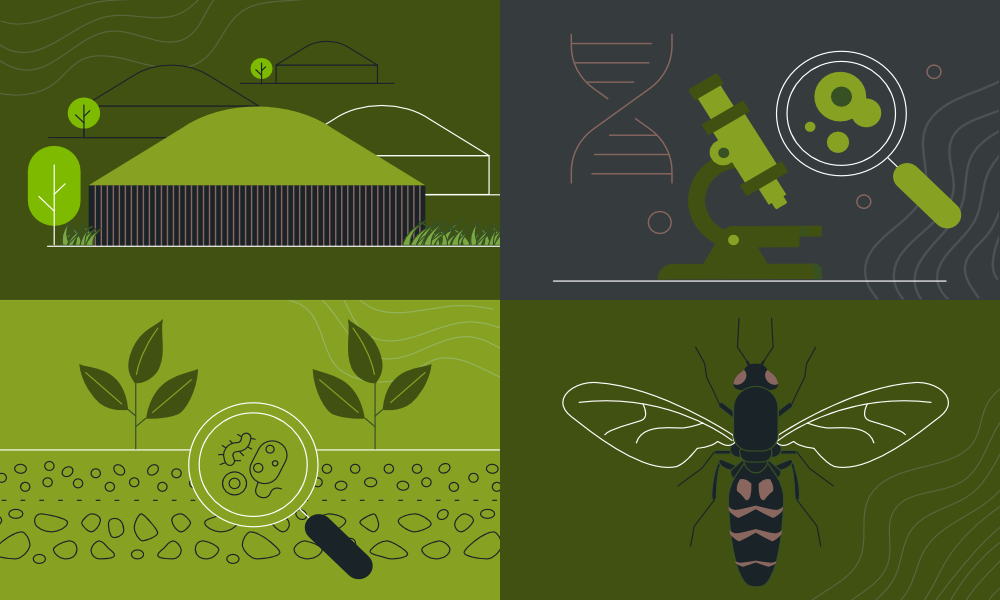
Other biochar applications
Animal feed supplement: When ingested by livestock, biochar improves nutritional intake delivering health and growth benefits.
Low carbon building: Biochar is being considered as a replacement for aggregates in building materials due to its ability to create carbon-negative buildings, as well as its high porosity.
Industrial uses: Biochar can be used in water filtration to remove heavy metals and pollutants, or as a reductant in metals manufacturing.
As a catalyst: Biochar's high conductivity, porosity, and stability make it a versatile, cost-effective catalyst for biodiesel production, tar removal, and anaerobic digestion.

Want biochar?
Check out our full range of products for different applications. Shop now!
Get Started